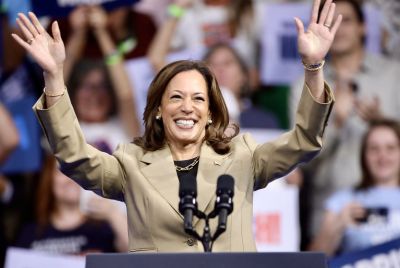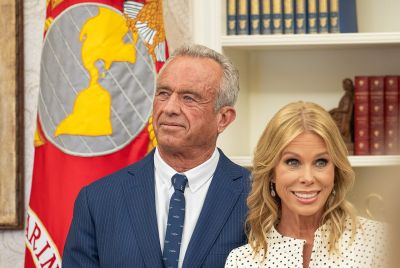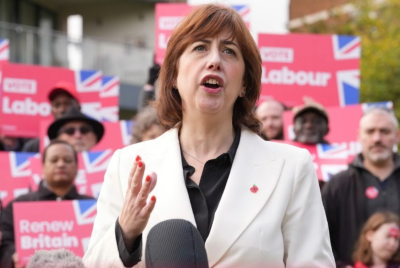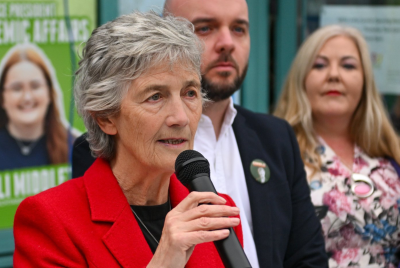India tells the UK: We don't need your foreign aid
New High Commissioner says India has never asked the UK for financial assistance.
YK Sinha, India's new high commissioner to the UK, has said that his country no longer needs foreign aid, making it quite clear that India had never asked for or needed such aid from Britain.
"We are grateful for any assistance we received in the past or will get in the future. But if it suddenly stopped would it make a huge difference? No.
"Did anyone in the government of India ask for assistance? No," he said in his interview with the Sunday Express following his appointment.
He told the newspaper that India has taken "unimaginable" steps forward in the last decades and that foreign aid is an issue of the past.
It is now time for both India and the UK to move forward together, he said, pointing out that the relationship between the two countries has reached a new level.
"While I don't want to prejudge British aid that has been given, or will be given, easier access to British markets, easier movement of people and the transfer of technology are more important," he said.
Sinha said that both countries excel in cutting-edge technology and "the sky's the limit" for what they can achieve together.
The commissioner added: "We are in exciting times. Our partnership has gone to a different level. I'm confident it will be a win-win situation for us both."
The newspaper said that the UK sent India £279m in 2014 and that plans are in place to provide a further £130m in technical assistance by 2018.
The paper noted that India has developed a space programme and recently made history by launching 104 satellites in a single mission. It has also proposed a £10bn fleet of warships and submarines and a £10bn bullet train.
Freedom of movement of professionals
Sinha, who presented his credentials to the Queen on Wednesday (15 February), told the newspaper that India's finance minister will be meeting with Chancellor Philip Hammond and that one of the issues that will be discussed is the freedom of movement of professionals. "It is a very important part of the negotiations on free trade."
He said India hopes to have the same freedom of movement with Britain that the UK currently enjoys in the EU but said it is "managing our expectations on that".
Sinha also raised the issue of the number of Indian students allowed visas to attend UK universities. "The UK has always been the preferred destination for higher studies. Our political leadership, even those who led our independence, all studied in the UK.
"It is unfortunate that in the last six years we have seen a steep drop, from 30,000 to about 16,000. What should be troubling universities here is that Indian students are now going in much greater numbers to the US, Australia - even France and Germany," he said.
© Copyright IBTimes 2025. All rights reserved.






















